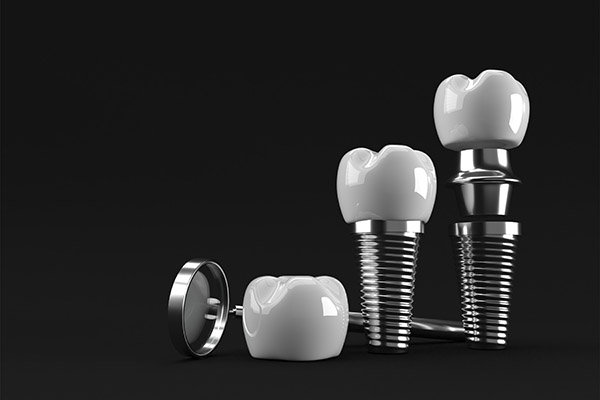Signs That You Need to Undergo TMJ Treatment

The temporomandibular joint, or TMJ, allows for the movement required for talking and chewing. The joint connects your mandible or lower jaw and your temporal bone, which is located on the side of your skull. The TMJ joint is considered to be one of the most complex joints in the body since it controls the movement of the jaw both up and down and from side to side. This often makes it challenging to treat severe TMJ disorders effectively.
TMJ disorders
It is usually difficult to determine the exact causes of people’s TMJ disorders. For some individuals, the symptoms often start without any obvious reasons. Some of the symptoms may occur due to a combination of aspects like arthritis, a jaw injury or genetics. Since the exact causes and symptoms of the disorders are not always clear, identifying the disorders is often hard and confusing. Here are some of the signs and symptoms of TMJ disorders and when a person should see a health care practitioner.
Signs and symptoms of TMJ disorders
A wide range of symptoms is associated with TMJ disorders. A common symptom that is often an indicator of a problem is pain. A person may experience pain or tenderness in the jaw, face, neck, jaw joint area and the ear. Pain can also be felt when a person chews, speaks or opens the mouth wide. The locking of the joint can also make it hard for people with TMJ disorders to open or close their mouths.
When to see a health care provider
Sometimes, the symptoms of the disorders go away without any intervention. But if the symptoms do not go away, seeking medical attention is always encouraged. Persistent pain or tenderness in the jaw is one of the indicators that a person may need to undergo TMJ treatment. If someone is not able to open or close the jaw completely, the problem needs to be addressed.
TMJ disorders may cause a grating sensation or a clicking or popping sound when someone either chews, talks or simply opens the mouth. This is usually not painful. Jaw noises are not always symptoms of TMJ disorders. It is only when these sounds occur alongside pain or if there is limited jaw movement that a person may need medical advice. If there is no limitation of movement or pain associated with the jaw clicking, someone probably does not need treatment.
Takeaway
Some common signs and symptoms of TMJ disorders include pain or discomfort, limited jaw movement and clicking and popping sounds in the jaw joint. Doctors often diagnose the disorders based on the symptoms. People who notice the symptoms should see a dentist. If the symptoms do not go away or get worse, seeking medical help is ideal. It is always advisable to seek treatment for TMJ disorders early. If you want to learn more about the signs and symptoms of TMJ disorders and whether or not you may need TMJ treatment, talk to a dentist as soon as possible.
Request an appointment here: https://www.mytotaldentistry.com or call McCarthy Dentistry at (740) 546-5178 for an appointment in our Marietta office.
Check out what others are saying about our services on Yelp: Read our Yelp reviews.
Recent Posts
Dental implants can permanently replace teeth and maintain a natural appearance. Unlike traditional dentures or bridges, implants integrate with the jawbone, offering stability, functionality, and longevity. However, proper care is needed to ensure their success and prevent complications. Following the best practices for implant care can help maintain oral health and extend the restoration's lifespan.Dental…
TMJ treatment can ease jaw pain, clicking, and stiffness. The jaw joints and the muscles around them work hard every day to support speaking, chewing, and yawning. When these joints become unbalanced, patients may notice soreness, popping sounds, headaches, or even a feeling that the jaw locks or shifts. A dentist evaluates these symptoms, looks…
Dental implants are one of the most reliable and lasting solutions for replacing missing teeth. Unlike traditional dentures or bridges, implants integrate with the jawbone to provide a stable foundation for artificial teeth. While many patients benefit from implants, not everyone is an immediate candidate. Certain factors must be evaluated to determine eligibility, and for…
Dental implants provide a long-term solution for those missing teeth, improving oral health and function. However, patients should learn as much as possible before the procedure to ensure the most effective treatment outcome. Asking the right questions during a consultation can help you make informed decisions about your oral health. Here are five essential questions…


